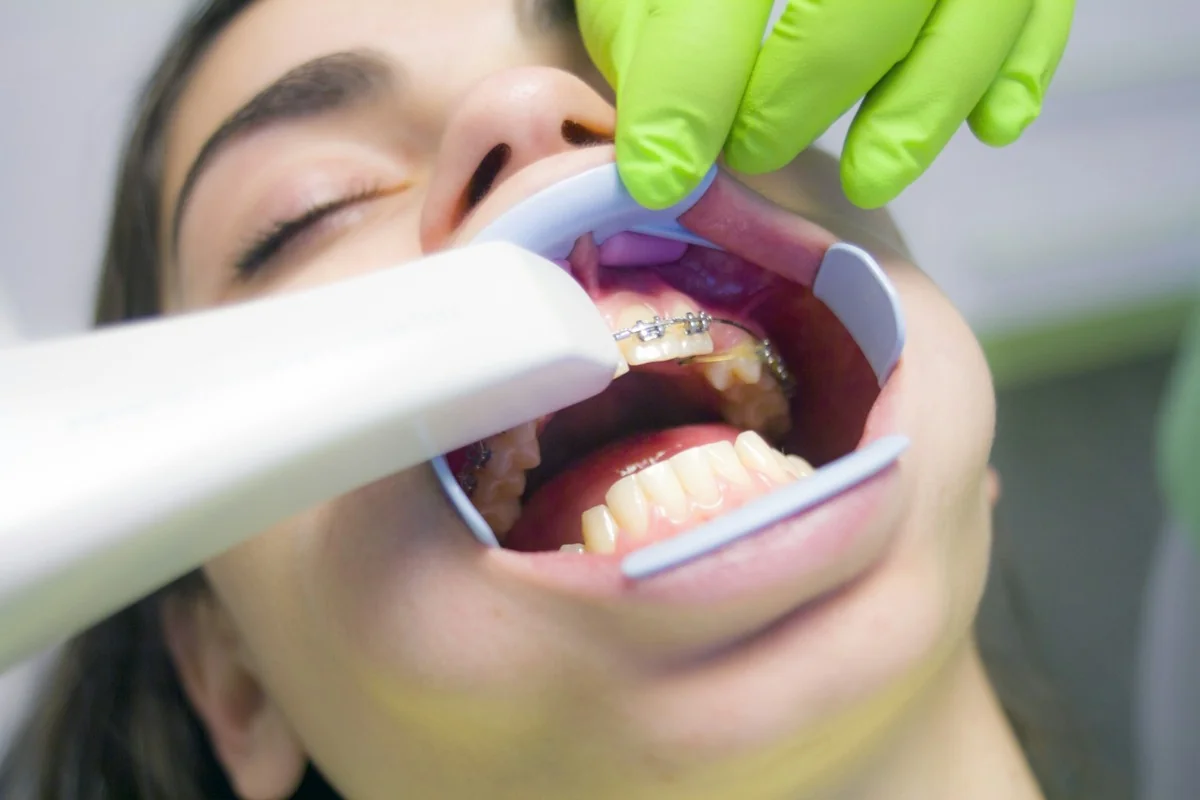Article Content

Summary
As of Spring 2020, many countries are facing widespread public health concerns due to the continued outbreak of severe acute respiratory syndrome coronavirus 2 (SARS-CoV-2) and its associated Coronavirus disease (COVID-19). Given how contagious the disease can be, it is important to know that SARS-CoV-2 is abundant in the nasopharyngeal (nose and throat) and salivary secretions of those affected. Therefore, dental professionals around the globe will be working very hard to do their part in curtailing the disease while they provide care for patients - including those who have suspected or confirmed SARS-CoV-2 infections.
To further educate patients on the nature of SARS-CoV-2 and COVID-19, this article will provide more information regarding the epidemiology, symptoms, and routes of transmission of the infection. Recommendations will also be given regarding safe dental practices for screening patients, controlling risk of infection, and patient management protocol.
COVID-19
Humans infected by the coronavirus can develop complications that lead to severe acute respiratory syndrome (SARS) - a potentially life threatening disease. This is why the disease is known as SARS-CoV, as it is SARS caused by CoV. The diseases are known to be zoonotic - meaning they are transmitted from animals to humans. The novel coronavirus is a single-stranded RNA virus, which is in turn part of a family of viruses known as Coronaviridae. The current outbreak of the coronavirus disease which began spreading in late 2019 (hence “COVID-19”) is believed to have originated in the area of Wuhan, China. Similar outbreaks have occurred in living memory with the SARS-CoV outbreak of 2002 and the Middle East respiratory syndrome coronavirus (MERS-CoV) of 2013. The current form of SARS-CoV is similar to the outbreak from 2002, hence why the current disease has been scientifically named SARS-CoV-2.
On January 30, 2020, the World Health Organization (WHO) declared the rapid spread of SARS-CoV-2 and its associated disease COVID-19 a public health emergency. The current mortality rate is believed to be as high as 3.4% as of mid-March 2020. According to a WHO situation report, there have been more than 160,000 reported cases and 6,000 deaths worldwide. This number is expected to rise, therefore measures for prevention and management of the disease must be put in place to prevent further spreading.
Given the nature of dental work and the close contact with patients, dental professionals are at high risk for nosocomial infection. (That is: infection starting in hospitals and/or medical facilities.) If proper precautions are not in place, a dental office can potentially cause cross-contamination amongst exposed patients. Therefore, it is of vital importance that dental professionals remain aware of the current state of the COVID-19 outbreak, as well as take steps to identify any potentially infected patients. We will summarize current recommendations for diagnosing and managing patients with COVID-19 which apply as of March 2020 here.
How COVID Spreads
SARS-CoV-2 can most commonly be spread by respiratory droplets or by contact. Coughs or sneezes from an infected person can render SARS-CoV-2 airborne, which in turn risks infecting close by individuals within a radius of approximately 6 feet. The public has been advised to practice social distancing for this reason. It is also possible for droplets of SARS-CoV-2 to land on inanimate objects and survive for up to 9 days - particularly if on a hard surface such as plastic or metal. Proper hygiene in the form of disinfecting and washing one’s hands is extremely important times such as these. It is also worth noting that SARS-CoV-2 has been found to be present in both saliva and feces of affected patients.
With regard to dental offices, SARS-CoV-2 is known to bind to human angiotensin converting enzyme 2 (ACE-2) positive cells, which are found in the salivary glands. Naturally, this is yet another reason why SARS-CoV-2 and COVID-19 require dental professionals to take precaution while providing care to dental patients.
What We're Doing
Here at Estrada Dentistry we're committed to your safety and well-being. Listed below are the steps we've taken to prevent possible spread during the outbreak.
- Cancelling all current non-essential patient appointments to be rescheduled at a later time.
- Only taking emergency appointments, to schedule an emergency appointment please call 727-437-6456
- Adhering to all safety practices outlined by the American Association of Endodontists and other relevant sources.
- Keeping an eye on John Hopkin's COVID-19 resource center: https://coronavirus.jhu.edu/map.html



